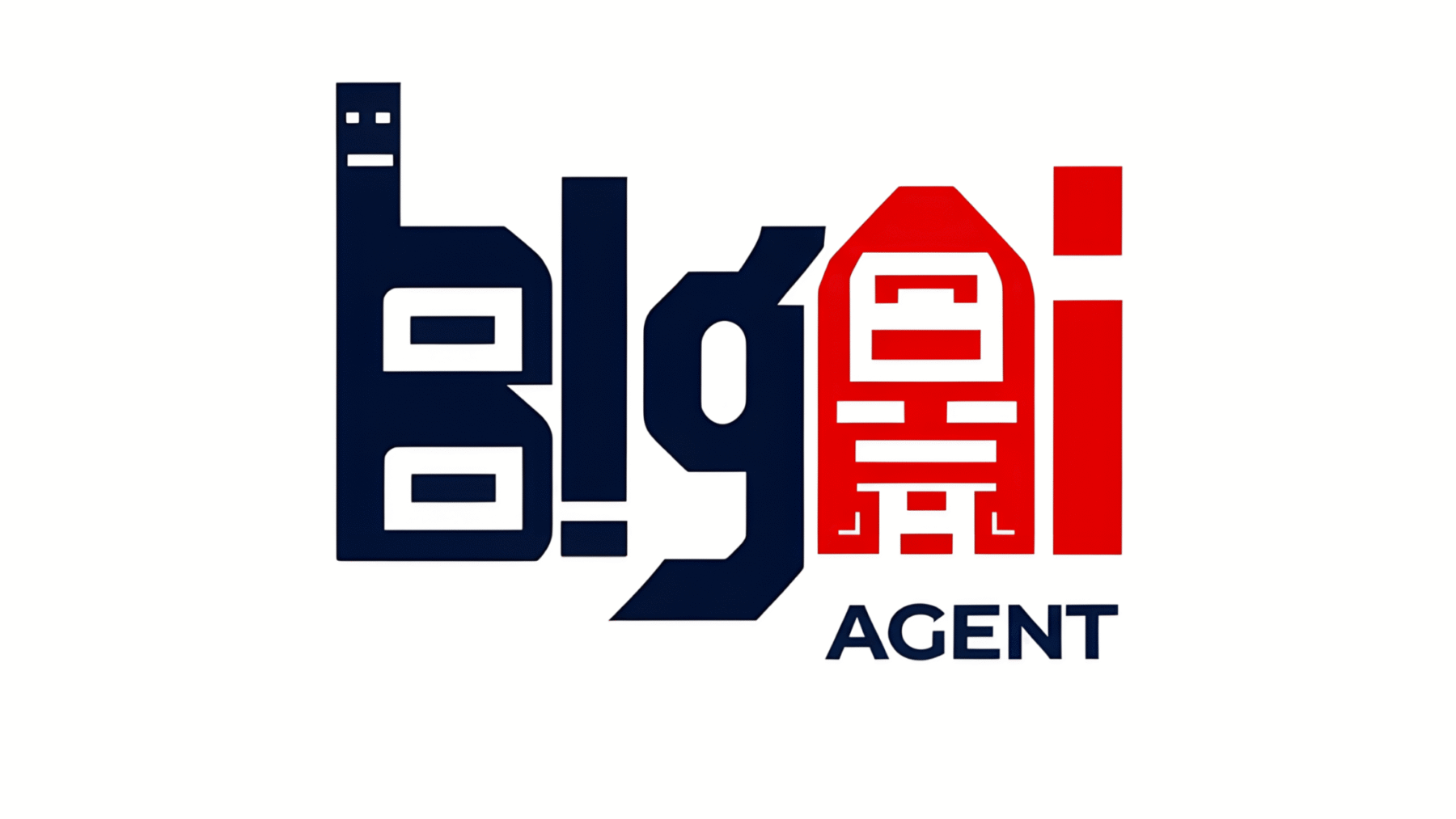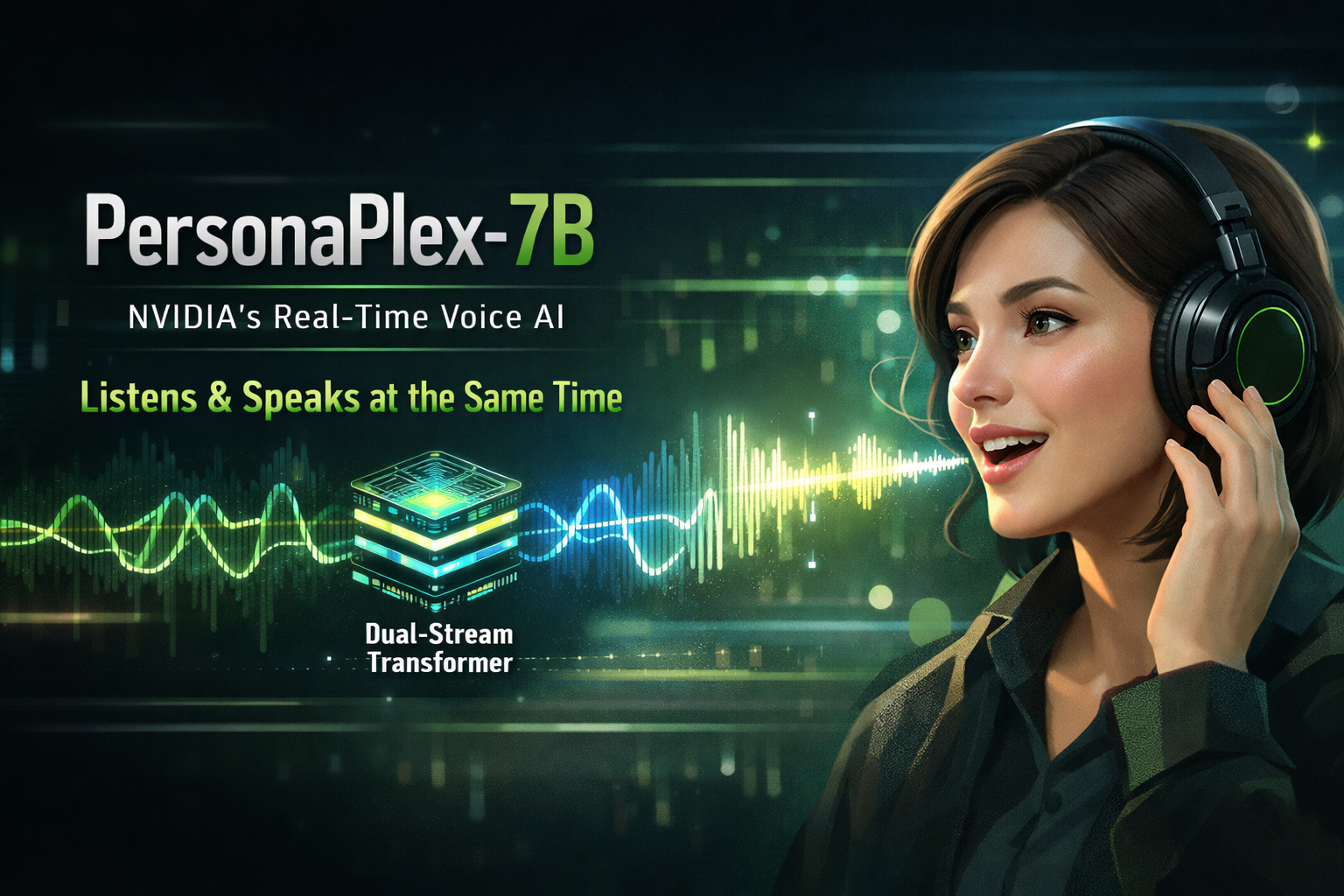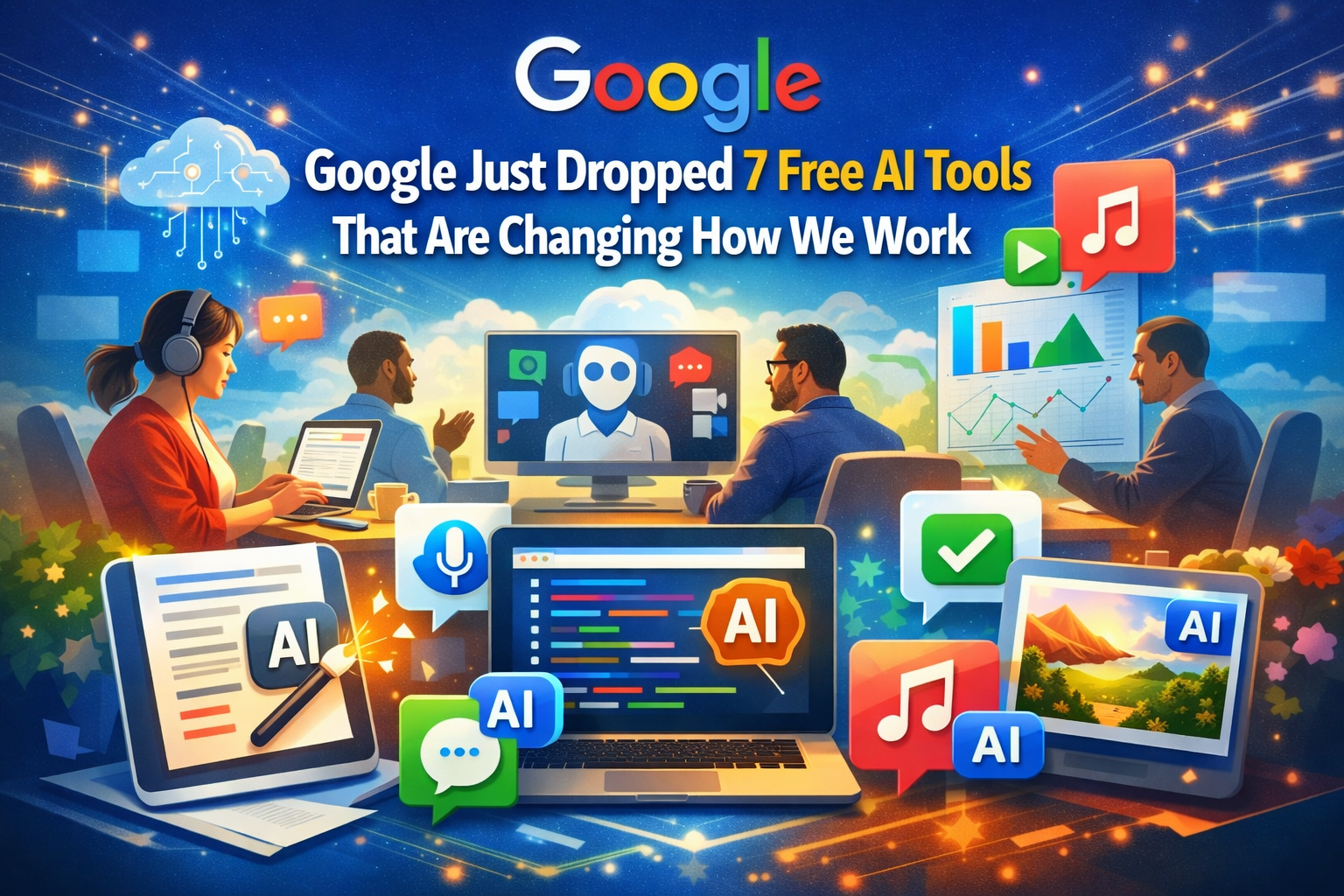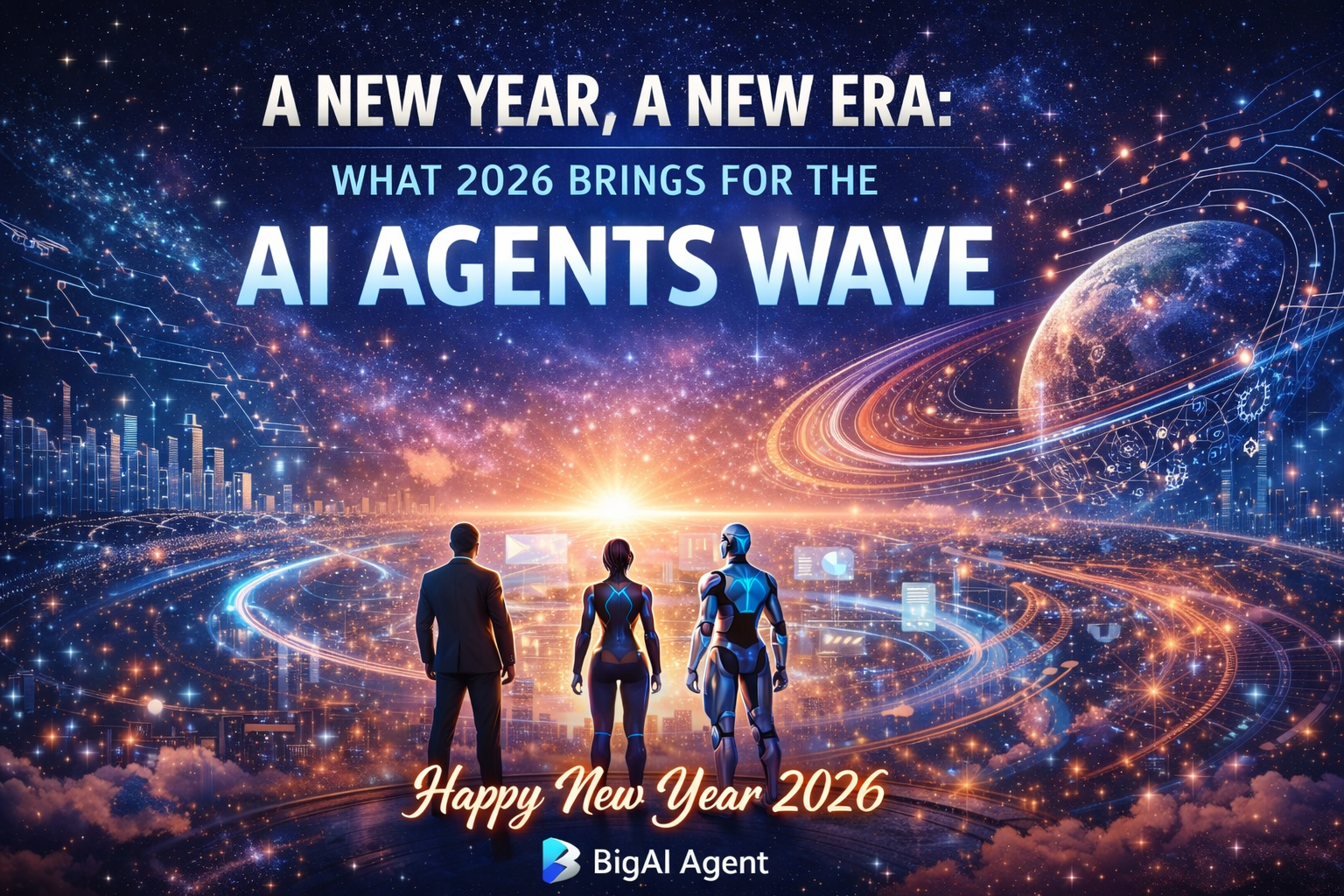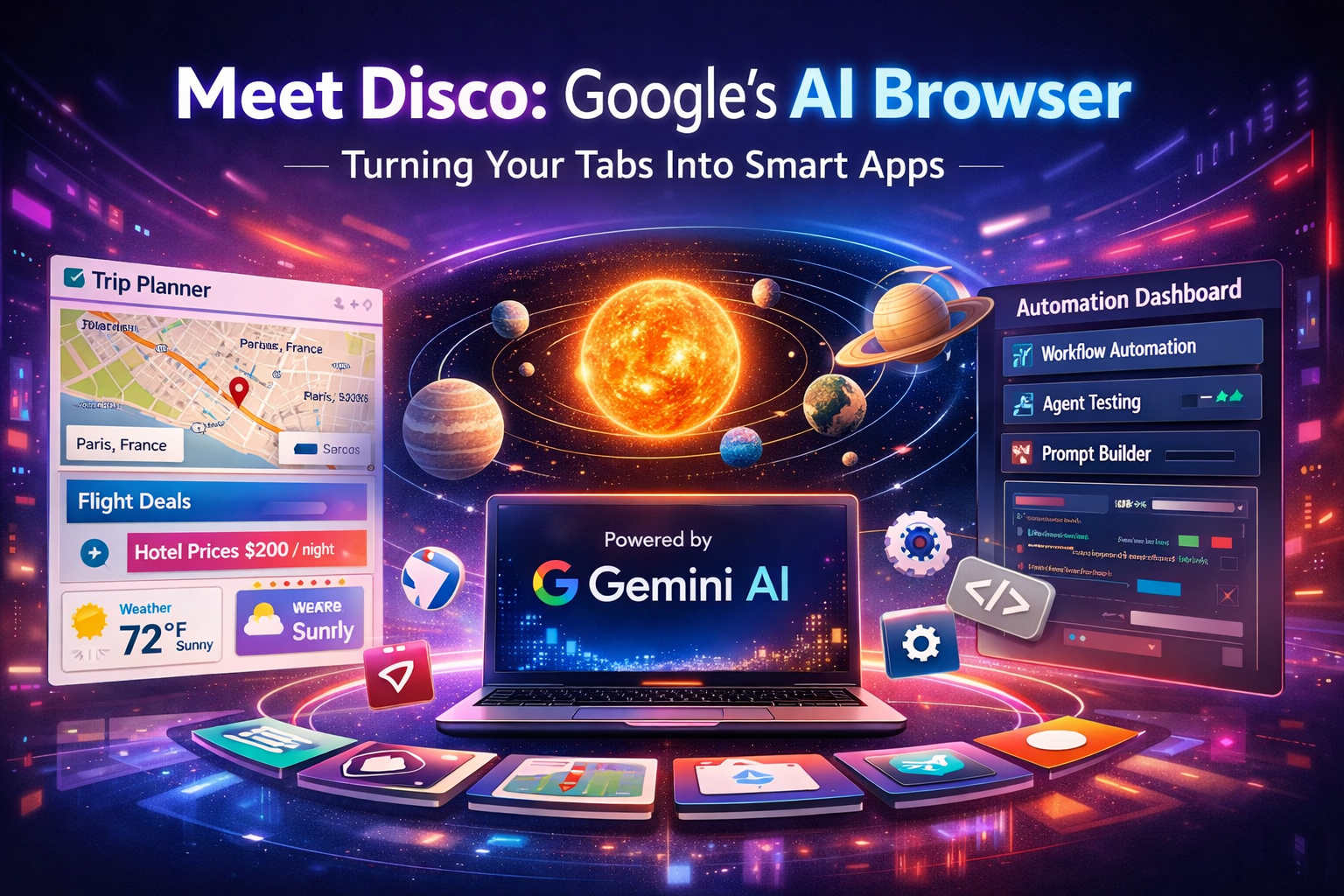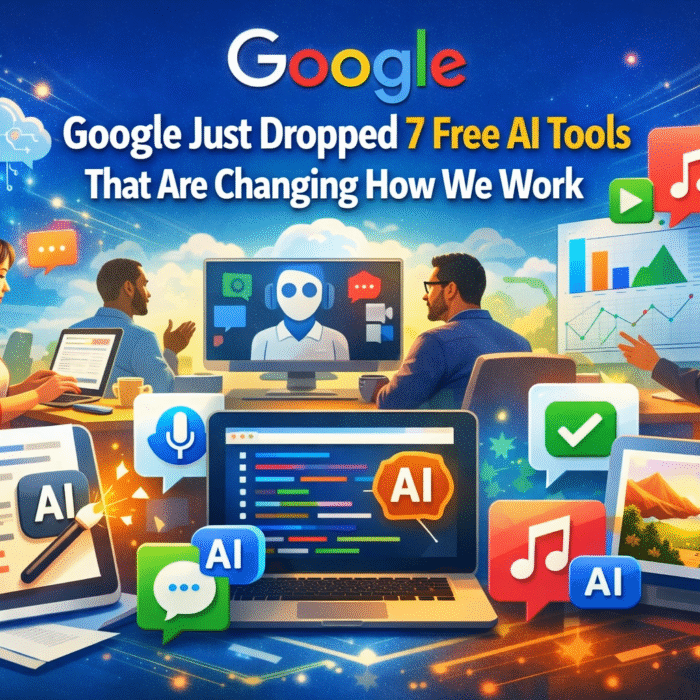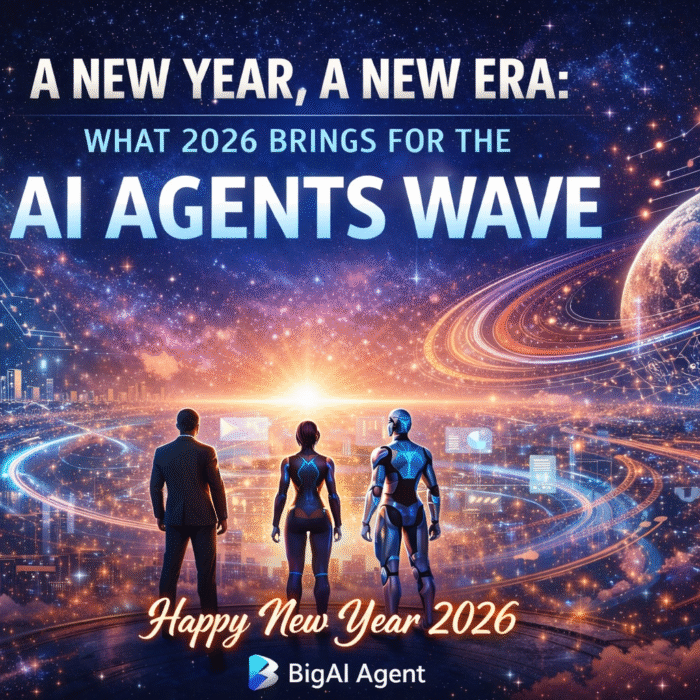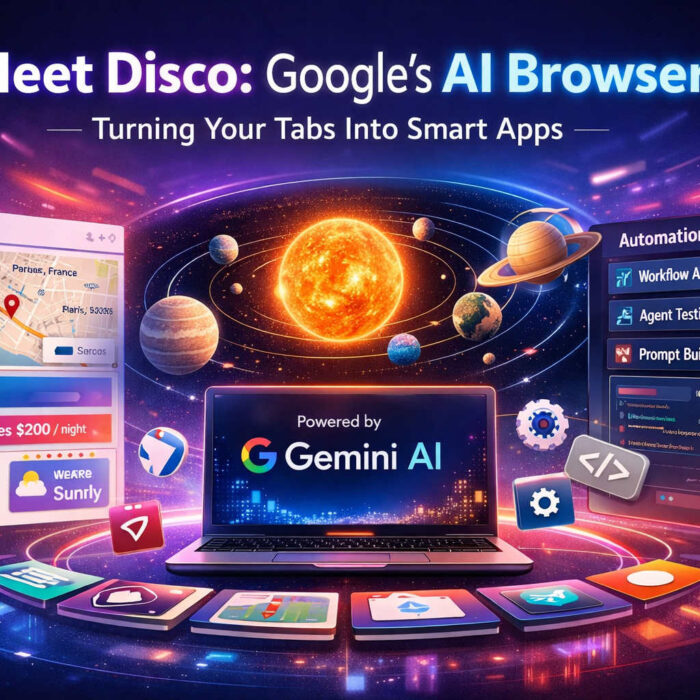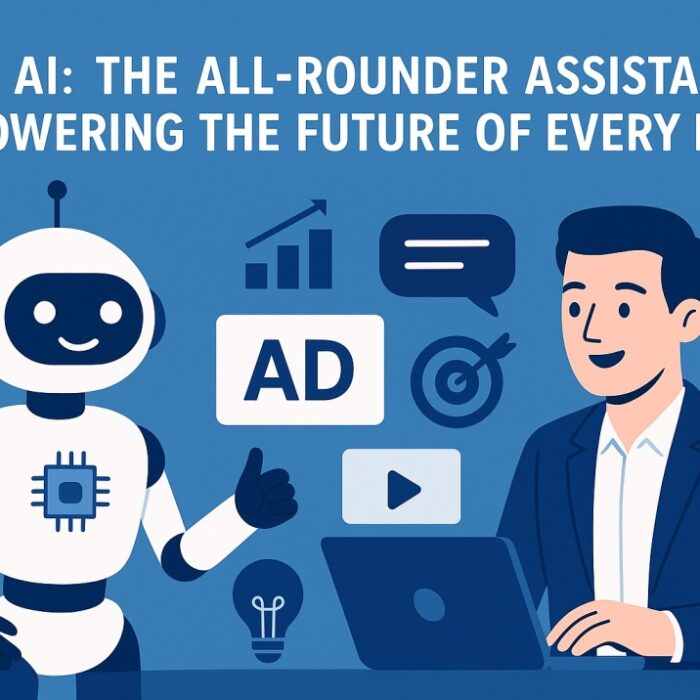In today’s fast-evolving digital marketing landscape, AI in SEO is reshaping the way we approach Search Engine Optimization (SEO). What once relied heavily on manual analysis, keyword mapping, and repetitive optimization tasks has now moved toward intelligent automation, data-driven insights, and adaptive strategies.
This transformation is not just a technological upgrade; it is a strategic shift in how marketers and businesses understand user intent, craft meaningful content, and maintain visibility in an increasingly competitive online environment.
In this article, we will explore what AI in SEO truly means, how it is changing traditional methods, and what future opportunities it opens for marketers and content creators.
1. What Does AI in SEO Mean?
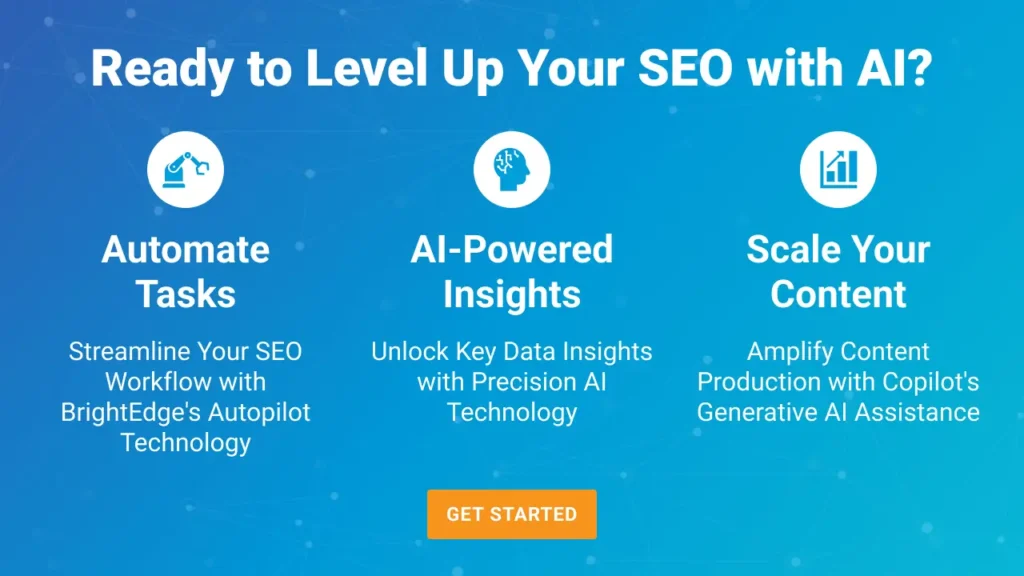
AI in SEO refers to the use of artificial intelligence technologies like machine learning, natural language processing (NLP), and automation tools to enhance and streamline search optimization tasks.
Traditionally, SEO relied on human research and judgment. Marketers manually searched for keywords, analyzed competitors, optimized content, and tracked performance. With AI, many of these steps have become faster and more accurate.
For instance, AI can:
- Analyze massive datasets to uncover emerging keyword opportunities.
- Understand search intent based on context, tone, and semantics.
- Suggest optimization strategies based on real-time performance data.
- Automatically improve technical SEO through audits and structured recommendations.
AI essentially enables SEO professionals to focus less on guesswork and more on strategy, creativity, and decision-making.
2. Why AI in SEO Matters Today
a. Search Engines Are Smarter Than Ever
Search engines like Google now use advanced AI models such as BERT, MUM, and Gemini to interpret content. These models help search engines understand user intent beyond simple keywords. As a result, traditional SEO tactics that focused only on keyword repetition or backlinks are becoming less effective.
b. Efficiency and Scalability
AI dramatically improves efficiency. Tasks that once took hours—such as keyword clustering, competitor analysis, and meta-tag generation—can now be completed in minutes. This allows teams to scale their SEO efforts while maintaining high quality.
c. Competitive Edge
With the majority of businesses now optimizing their online presence, AI provides an advantage. Brands that integrate AI into their SEO workflows are able to adapt to algorithm changes, anticipate search trends, and deliver more relevant content.
d. Enhanced User Experience
Search engines now prioritize relevance and engagement over keyword density. AI tools analyze how users interact with a page and help refine on-page elements like headings, readability, and navigation to boost satisfaction and dwell time.
3. How AI Is Reshaping SEO Workflows
AI is transforming nearly every part of the SEO process. Below are the key areas where it makes the most impact:
3.1 Keyword Research and Topic Discovery
AI tools can analyze millions of queries, competitor content, and user behavior to identify keyword gaps and long-tail opportunities. Instead of guessing what people are searching for, marketers can use AI insights to create content that aligns directly with audience intent.
3.2 Content Ideation and Optimization
AI-powered writing assistants and NLP-based platforms help structure articles for readability, coherence, and search intent. They can suggest optimal headline structures, meta tags, and semantic keywords. AI also evaluates the emotional tone of content to ensure it resonates with readers.
3.3 On-Page Optimization
AI can evaluate existing pages for missing keywords, readability, internal links, and engagement metrics. It provides actionable recommendations, such as optimizing title tags, adjusting header hierarchy, or enhancing meta descriptions.
3.4 Technical SEO Auditing
AI-driven crawlers can detect broken links, analyze site speed, evaluate mobile-friendliness, and even predict how these factors affect rankings. This saves SEO professionals hours of manual audits and ensures sites are always technically sound.
3.5 Predictive SEO and Trend Forecasting
By analyzing search data, AI tools can forecast upcoming trends before they peak. This enables marketers to publish timely content and gain early visibility on trending topics.
3.6 AI-Driven Search Experiences
Search engines are integrating AI-generated summaries and visual results (like Google’s AI Overviews). Optimizing for these formats requires clear, structured, and authoritative content that AI models can easily interpret and cite.
4. Implementing AI in Your SEO Strategy
To effectively leverage AI in SEO, marketers should focus on the following practical steps:
a. Start With Strong Keyword Intent
Instead of targeting broad terms, identify intent-based queries. Use AI tools like ChatGPT, Semrush, or Ahrefs to find keywords that match user questions and pain points.
b. Create Topic Clusters
Organize your content around themes rather than individual keywords. A pillar page covers the main topic, while supporting articles explore subtopics in detail. This helps AI models and search engines understand context and authority.
c. Automate Repetitive Tasks
Use AI for tasks like generating meta tags, internal link suggestions, and content summaries. This frees up time for strategic planning and content creativity.
d. Optimize for User Intent
Analyze audience behavior through AI analytics tools. Understand what users expect when they search for a specific term, and tailor your content to satisfy that intent completely.
e. Technical and Structural Optimization
Implement structured data using Schema.org so that AI-powered search engines can interpret your content accurately. Ensure your website loads quickly, is mobile-friendly, and follows accessibility best practices.
f. Monitor, Measure, and Adapt
SEO is an ongoing process. AI analytics platforms provide real-time feedback on what is working and where improvements are needed. Continuously refine your approach based on this data.
5. Common Challenges and How to Overcome Them
1. Overdependence on AI Tools
Relying solely on AI-generated content can reduce authenticity. Always include human editing to maintain accuracy, creativity, and brand tone.
2. Outdated SEO Practices
Avoid keyword stuffing or duplicate content. AI now rewards relevance and originality rather than volume.
3. Ignoring Technical SEO
Even the most engaging content will not perform well if your website has technical issues. Combine AI insights with manual technical reviews for best results.
4. Expecting Instant Results
AI accelerates SEO processes but does not guarantee instant rankings. SEO remains a long-term strategy that requires patience and consistency.
6. Tools That Empower AI in SEO
Here are some widely used AI-based tools for SEO professionals:
- SurferSEO – Helps with content structure, keyword density, and optimization recommendations.
- Frase.io – Assists in research, outlines, and creating topic-rich articles.
- MarketMuse – Uses AI to identify gaps and opportunities in existing content.
- Clearscope – Provides real-time optimization suggestions and readability analysis.
- ChatGPT / Gemini / Claude – Useful for ideation, summaries, and quick content drafts.
These tools enhance human expertise, not replace it. The best results come when human insight and AI precision work together.
7. The Future of AI in SEO
The future of SEO will continue to evolve alongside AI advancements. Some emerging trends include:
a. Conversational and Voice Search Optimization
With voice assistants and AI chatbots becoming mainstream, optimizing for conversational queries will be essential. SEO will need to focus more on natural language phrasing.
b. Personalized Search Experiences
AI will enable hyper-personalized search results based on user history, location, and behavior. Businesses must adapt content for different audiences and contexts.
c. Zero-Click Searches
AI-powered results are increasingly providing direct answers on search pages. Marketers should aim for content that earns featured snippets or AI citations.
d. Predictive Search Algorithms
AI will anticipate what users need before they even search. SEO professionals must focus on producing forward-thinking, evergreen content that aligns with predicted trends.
e. Ethical SEO and Data Transparency
As AI grows in influence, transparency in data collection, authorship, and content authenticity will become vital for maintaining trust.
8. Key Takeaways
- AI in SEO is not a trend but a transformation. It shifts SEO from manual optimization to intelligent automation and predictive insights.
- Intent-driven content is the new standard. Understanding why users search is more important than what keywords they use.
- Balance AI and human creativity. AI helps with data and structure, while human expertise ensures relevance and trustworthiness.
- Stay agile and informed. SEO algorithms and AI tools evolve quickly, so continuous learning is essential.
- Future-proof your SEO. Embrace structured data, optimize for conversational queries, and focus on long-term value.
Conclusion
AI in SEO is redefining how brands connect with audiences, analyze performance, and compete for visibility. From smarter keyword insights to automated content optimization, AI empowers marketers to make data-backed decisions and stay ahead of the curve.
The key lies in using AI responsibly, leveraging it to enhance creativity, strategy, and precision, not to replace human intelligence. Businesses that adapt to this evolving landscape today will lead the search experience of tomorrow.

